US citizens are disgruntled by extent of state surveillance at home
The US surveillance on its citizens is common knowledge yet the way the US government goes about spying and how it uses its surveillance data against the ones it targets is controversial.
A poll carried out in mid August has found that more Americans were against the government's intrusive surveillance programs than ever before.
The poll was conducted by the Associated Press NORC centre for public affairs research with over 1700 American adults participating.
According to the poll 46% of Americans say that they oppose the US government responding to threats against the nation by reading emails sent between people outside of the US without a warrant.
That's compared to just 27% that were in favour.
In a similar AP NORC poll conducted one decade ago 47% favored the practice, but only 30% of Americans opposed them.
That poll found bipartisan concerns about the scope of surveillance at the expense of intelligence collection tools that US authorities have at their disposal.
The poll also revealed that 44% of Americans are also more likely to oppose government eavesdropping on calls outside of the US without a warrant; only 28% of Americans favour the practice.
Good for the goose
Well I think the big problem today has been less surveillance than other kinds of censorship of social media. I mean that's going to be much more important I think. I mean the government and private agencies; private companies are actively censoring social media of all sorts, and seriously affecting the information that ordinary Americans are able to access.
Daniel Lazare, Journalist
Most Americans taking part of the poll, about six in 10, said the long US wars fought in Afghanistan and Iraq were not worth fighting.
According to the poll about two thirds of Americans say that they were very worried about the threat posed by homegrown extremist groups.
A law was hastily passed in the name of national security by US lawmakers just 45 days after 911.
This new law that I signed today will allow surveillance of all communications used by terrorists including emails, the internet and cell phones.
George W Bush, Former US President
The Patriot Act was the first of many changes to surveillance laws that made it easier for the government to spy on ordinary Americans.
The law allowed authorities to monitor phone and email communications, collect bank and credit reporting records, and track the actions of innocent Americans on the internet.
While most Americans thought it was created to catch terrorists, The Patriot Act actually turns regular citizens into suspects. The government surveillance programmes have infiltrated most of the communications technologies, we have come to rely on.
The Patriot Act expanded law enforcement's ability to use technology to monitor Americans, it is said that these expanded abilities have extended too much authority to police.
There’s a broad consensus across the political spectrum that the practice should continue. No one challenges this when it comes to foreign policy when it comes to a so called anti terrorism, Democrats, Republicans, really are of one mind, they don't challenge the intelligence agencies that give them free rein.
Daniel Lazare, Journalist
Evidence that the National Security Agency was secretly building a vast database of US records; The who, the how, the when, and the where, of millions of mobile calls and other personal data, was the first, and arguably the most explosive of the revelations by former contractor Edward Snowden.
The former National Security Agency NSA contractor wanted in the US for revealing state secrets currently lives in Russia under asylum granted by President Vladimir Putin.
I mean, presumably, you know, it's also stays within the bounds of the law, technically speaking, but there's no doubt that meaningful constraints no longer apply.
Daniel Lazare, Journalist
Now, 20 years after the 911 attacks and Washington's wars in West Asia, Americans have grown wary of those extensive spying programs.
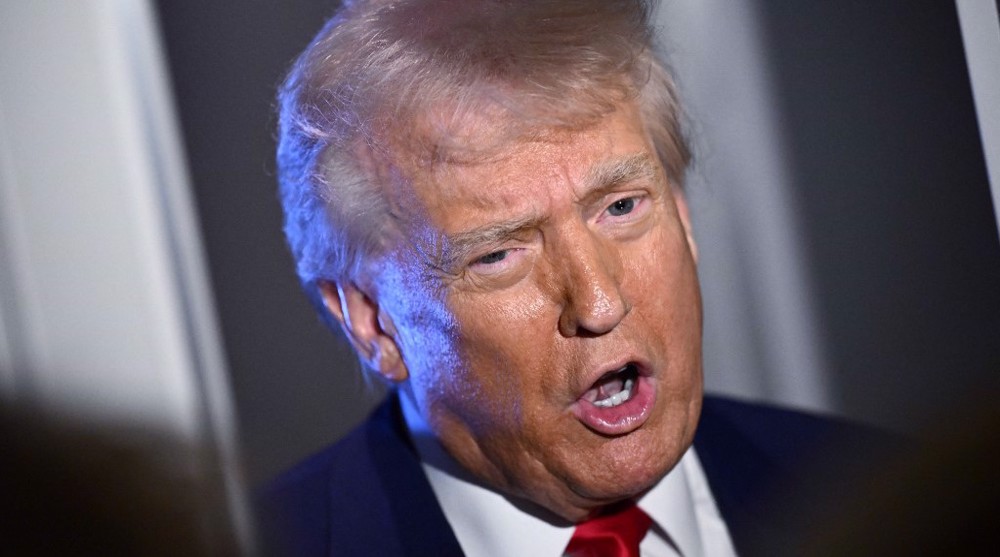
Negative impact of Trump tariffs on UK economy

Trump targeting Ukraine's mineral wealth
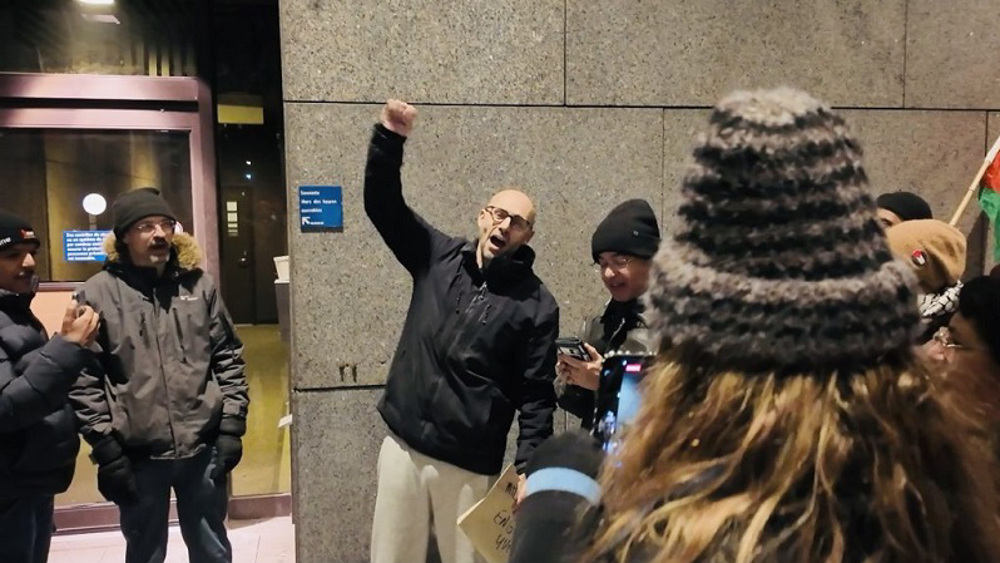
Canadian Zionist Lawfare against opponents of Gaza genocide
Iran hails Kyrgyzstan-Tajikistan-Uzbekistan border deal
French police bludgeon students protesting budget cuts in Paris
Envoy rejects UN body’s ‘false picture’ of rights situation in Iran
Negative impact of Trump tariffs on UK economy
Student says he fled US due to 'Trump's lawlessness'
VIDEO | Press TV's news headlines
Indian parliament passes bill seen as step to seizure of mosques
US airstrikes target multiple sites across Yemen’s Sa’ada


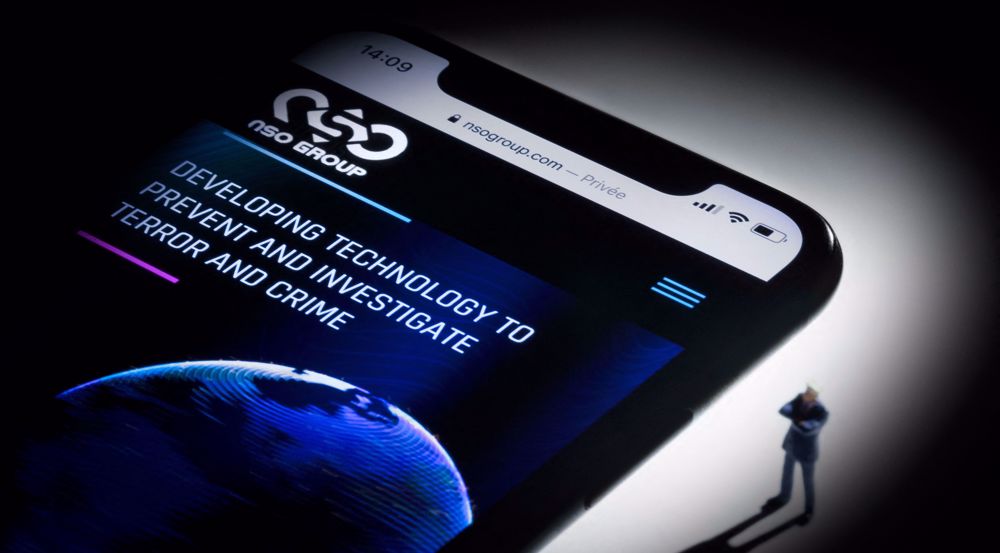
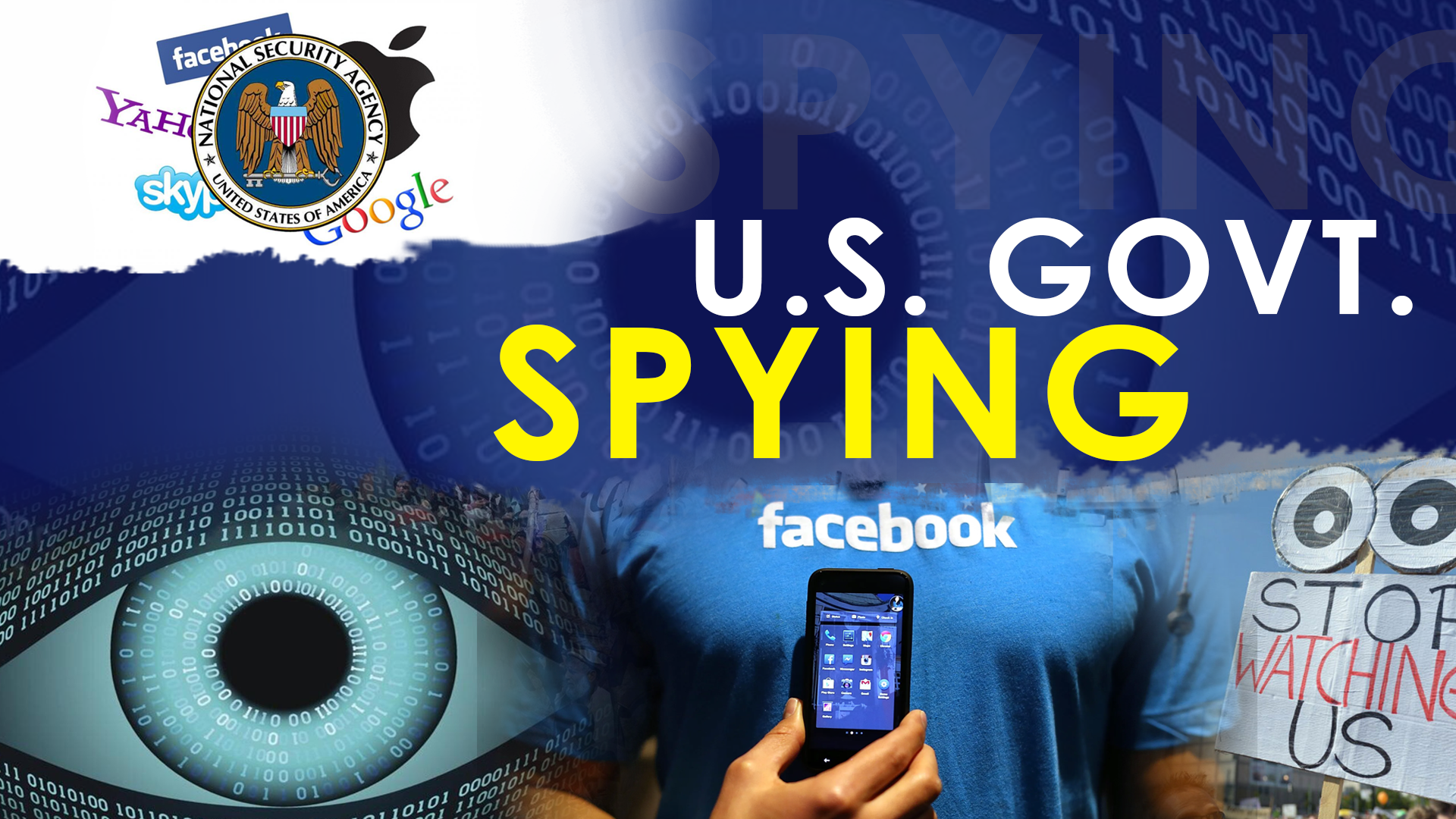
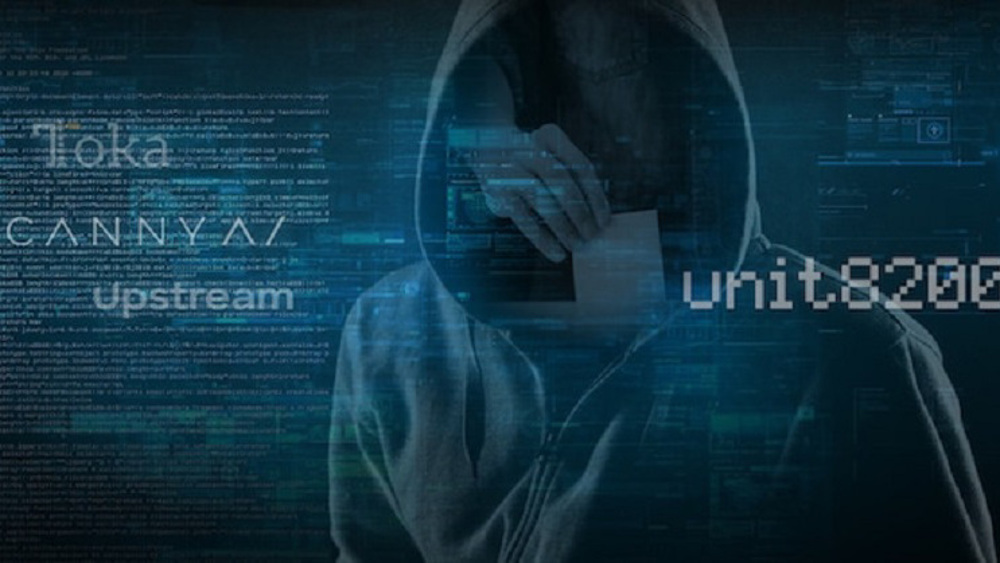
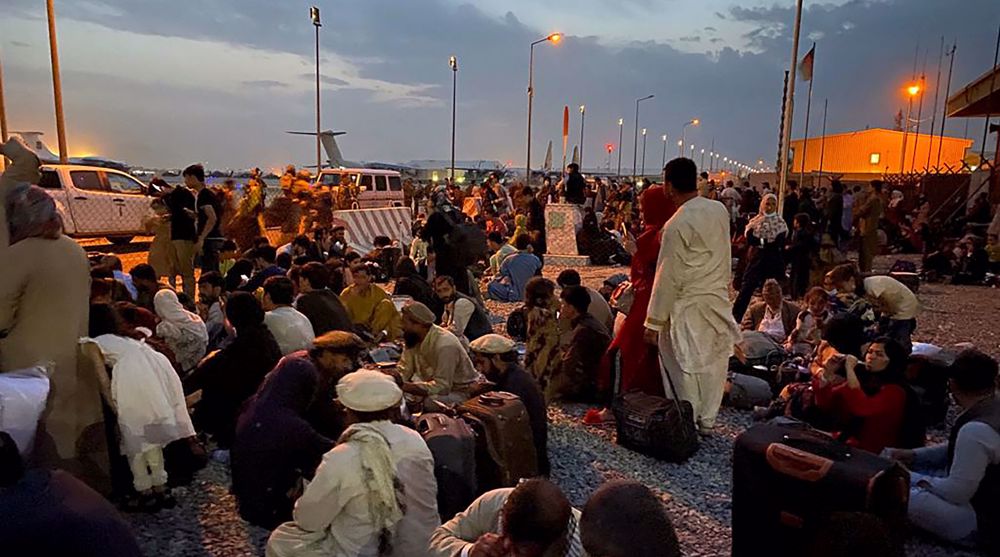
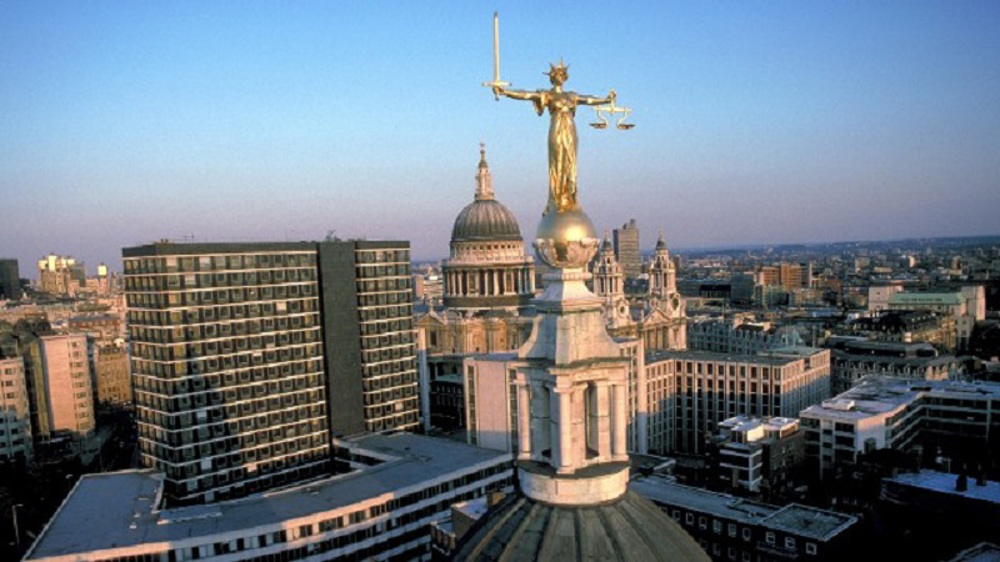

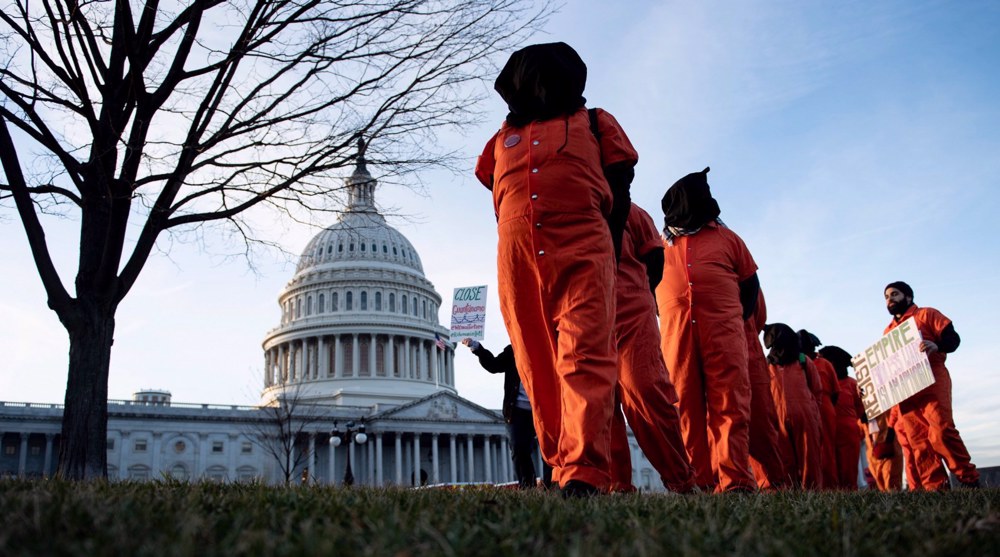




 This makes it easy to access the Press TV website
This makes it easy to access the Press TV website